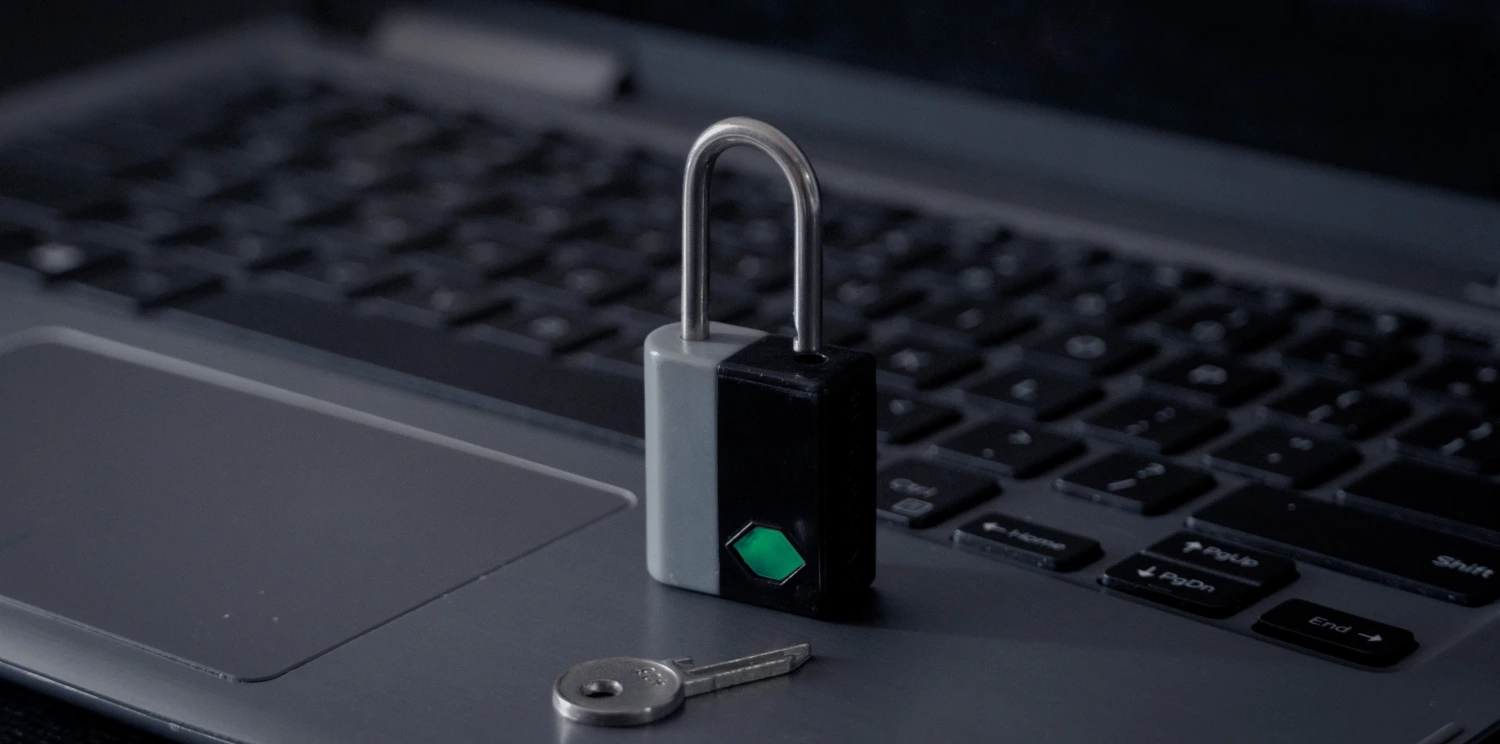Secure the Flow: Combat Cyber Threats to Water Infrastructure
In an era where digital fortitude is as crucial as physical strength, the United States’ water infrastructure has emerged as a vulnerable target for cybercriminals. These essential systems, which manage the treatment and distribution of water, are increasingly subjected to sophisticated cyberattacks, posing significant risks to public health and safety. As these threats grow in complexity and scale, the response from cybersecurity firms like DataGuard has become more vital than ever.
The Vulnerability of Water Systems
The reliance on automated and remotely controlled systems for managing water treatment and distribution has exposed the U.S. water infrastructure to cyber threats. Recent incidents have highlighted this vulnerability, demonstrating how hackers can infiltrate these critical networks, potentially leading to contaminated water supplies or interrupted service to millions. These cyberattacks not only jeopardize public health but also erode trust in public utilities, underscoring the urgent need for robust cybersecurity measures.
DataGuard’s Role in Water Security
In response to these challenges, DataGuard, a leading cybersecurity firm, has stepped forward with innovative solutions designed to protect water management systems from cyber threats. Their approach combines state-of-the-art technology with deep industry expertise to offer a multi-layered defense strategy. Here are some of the key solutions provided by DataGuard:

- Real-time Monitoring and Detection: DataGuard’s Managed Detection and Response (MDR) provide real-time surveillance of network activity, enabling early detection of unusual patterns that could indicate a cyberattack. By identifying potential threats before they escalate, DataGuard helps prevent disruptions to water supply and treatment processes.
- Robust Encryption Practices: Recognizing the importance of secure communication within water management systems, DataGuard implements robust encryption practices. This ensures that data exchanged between devices and control centers is shielded from unauthorized access, safeguarding sensitive operational data.
- Incident Response and Recovery: In the event of a cyberattack, DataGuard’s incident response team is equipped to quickly mitigate the impact and restore normal operations. Their comprehensive recovery plan includes measures for data backup and system restoration, minimizing downtime and ensuring the continuity of water services.
- Employee Training and Awareness: Understanding that human error can often be the weakest link in cybersecurity, DataGuard offers extensive training programs for employees. These programs focus on raising awareness about potential cyber threats and best practices for preventing breaches, reinforcing the human aspect of cybersecurity.
Conclusion
The escalating cyber threats to the U.S. water infrastructure underscore the need for a proactive and comprehensive cybersecurity strategy. DataGuard’s innovative solutions represent a significant step forward in protecting these vital systems from digital dangers. As we navigate a world increasingly dependent on technology, the collaboration between utility providers and cybersecurity experts like DataGuard will be crucial in ensuring the safety and reliability of our water supplies.
Back to Articles/Blog



